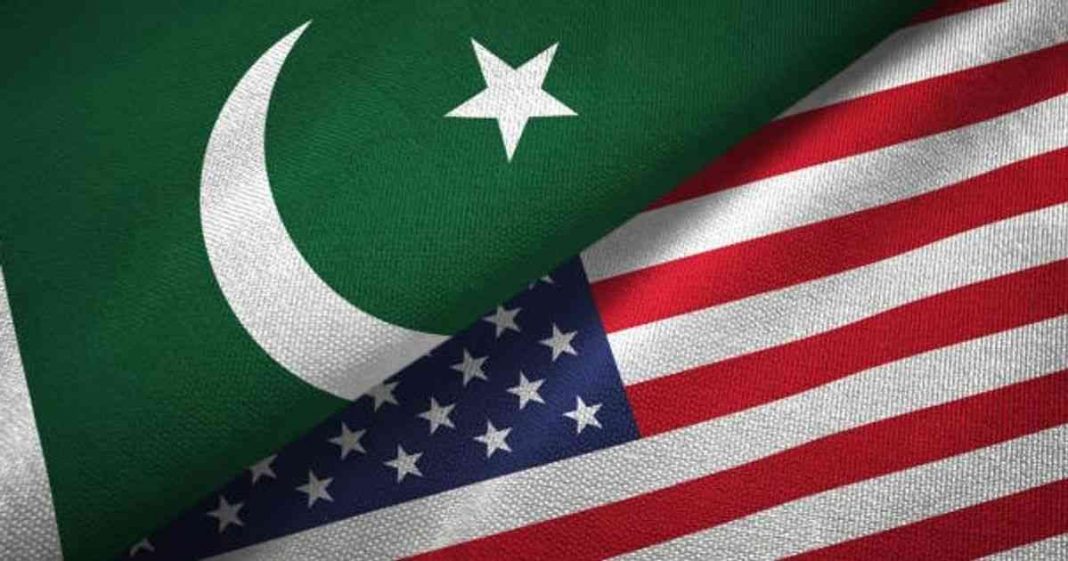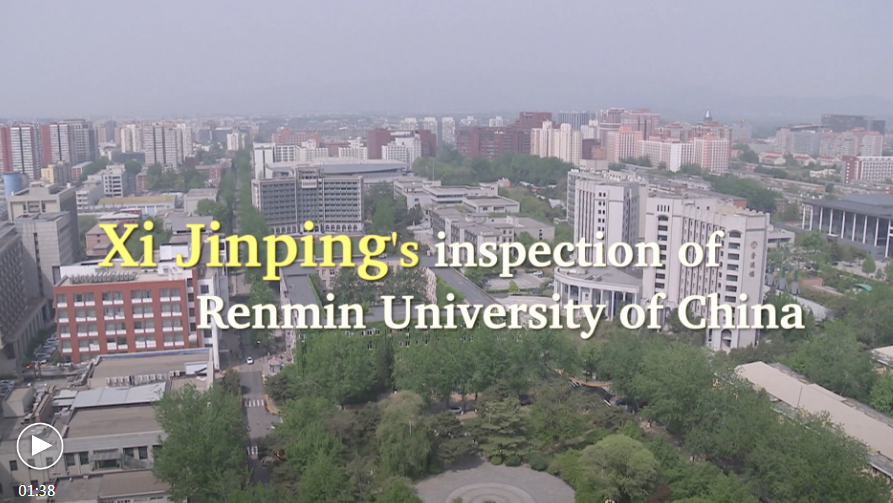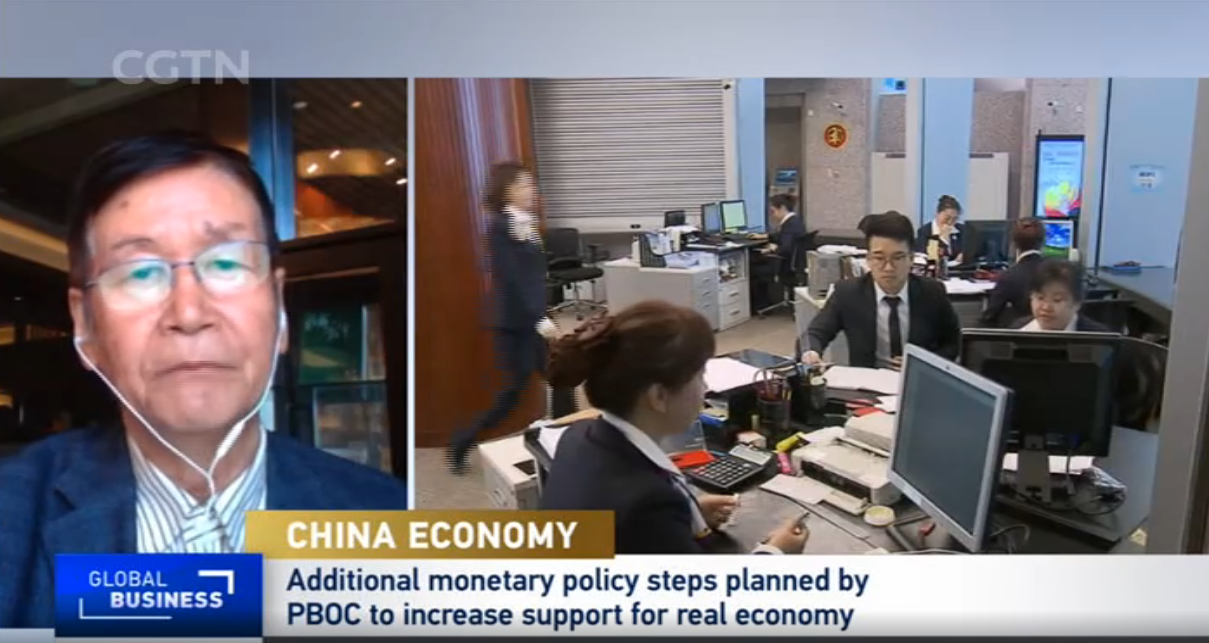LATEST INSIGHTS
Your Present Location: LATEST INSIGHTS-
Djoomart Otorbaev: Who is the biggest investor in Central Asia? It is not China or Russia
2022-05-05 -
Ding Gang: Widening trust gap key reason to our inability to make global decisions
2022-05-05 -
Diao Daming: Pelosi visits Kiev to 'maximize' US' support and prolong Russia-Ukraine conflict, inflate 'political legacy'
2022-05-05 -
【WSJ】Wang Wen: Fearful of Getting Cut Off , China Pushes for Self-Reliance
2022-05-03 -
Zhou Rong: Pakistan urged to fix counter-terror shield for all Chinese projects and personnel, especially during political reshuffle
2022-04-29 -
Zhou Rong: BLA draws China into Pakistani affairs by terror, will only cause own demise
2022-04-29 -
Zamir Ahmed Awan: China and Pakistan are committed to the final victory
2022-04-29 -
Zamir Ahmed Awan: Dangerous Twist in the Ukraine War
2022-04-28 -
William Jones: Does the U.S. have a hidden agenda in Ukraine?
2022-04-28 -
Wang Wen: RT Interview on Russia-Ukraine Conflict
2022-04-28 -
Wang Wen on BBC: Views on Beijing’s pandemic and lockdowns
2022-04-28 -
Djoomart Otorbaev: The yuan should be actively used in Central Asia-China trade
2022-04-28 -
Ding Gang: Macron’s China policy faces new tasks amid Russia-Ukraine conflict
2022-04-28 -
Zamir Ahmed Awan: Positive signals for Pak-US relations
2022-04-27 -
Xi Jinping's inspection of Renmin University of China
2022-04-27 -
Xi Focus-Quotable Quotes: Xi Jinping on building world-class universities
2022-04-27 -

Zamir Ahmed Awan: Positive signals for Pak-US relations
Positive signals are coming from Washington. The visit of US Congresswoman Ilhan Omar and meetings with Pakistani leadership is an encouraging step to improve the trust between the two nations. She is one of only a handful of Muslim members of Congress, a Somali-born Muslim-American immigrant who represents Minnesota in the US House of Representatives. It was the first high-level visit by a member of the US Congress since a new coalition government came into power in Islamabad.
2022-04-27 -

Xi Focus-Quotable Quotes: Xi Jinping on building world-class universities
Chinese President Xi Jinping has called for blazing a new path to building world-class universities with Chinese characteristics during a visit to Renmin University of China on Monday.
2022-04-27 -

Xi Jinping's inspection of Renmin University of China
Chinese President Xi Jinping visited Renmin University of China on Monday in Beijing ahead of China's Youth Day, which falls on May 4. During the visit, Xi said the country's universities should be deeply rooted in China and avoid simply copying foreign standards and models. He also extended festive greetings to young people of all ethnic groups nationwide.
2022-04-27 -

Liu Zhiqin: Views on China's Economy
2022-04-27
























































































 京公网安备 11010802037854号
京公网安备 11010802037854号





